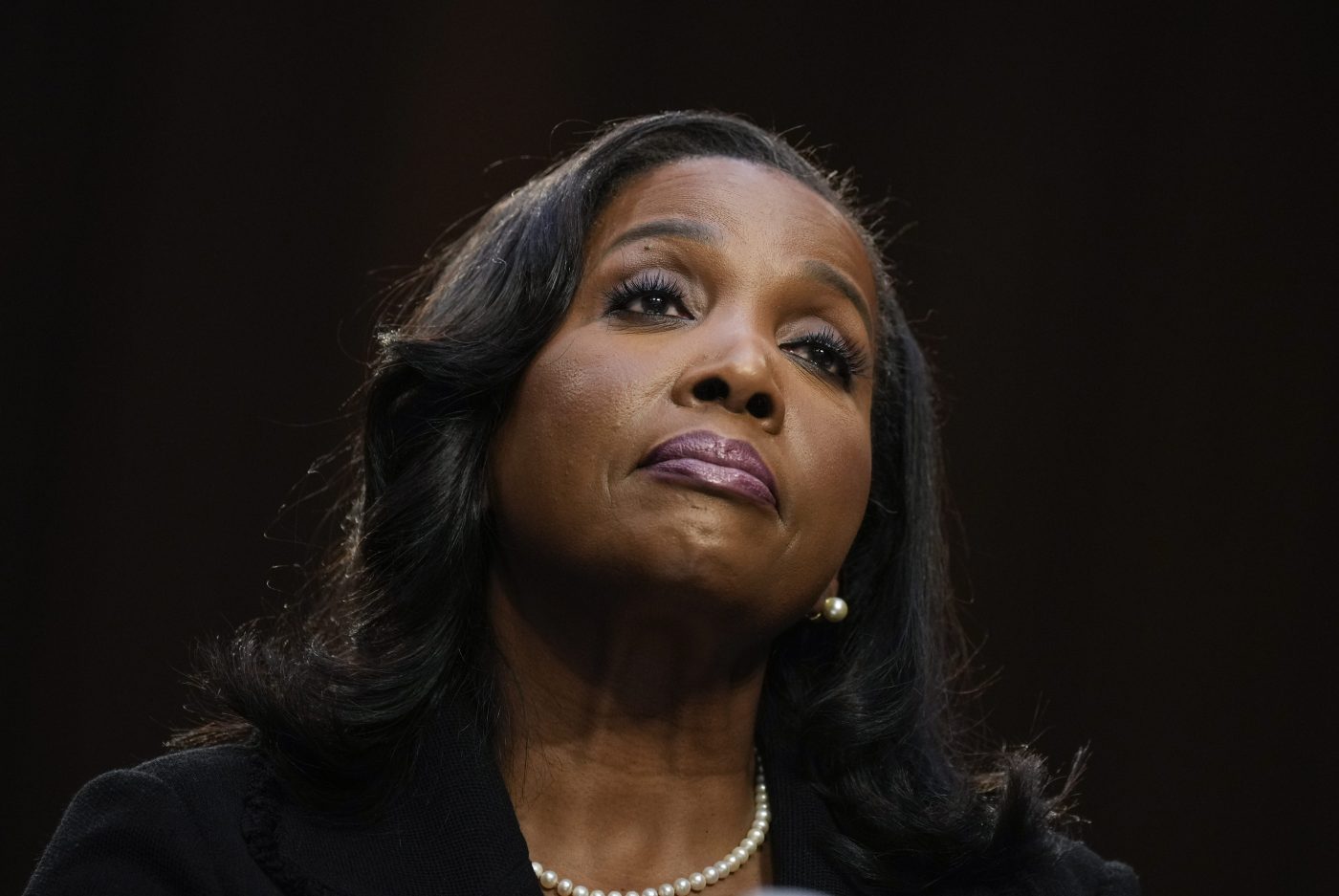Donald Trump has intensified his efforts against the Federal Reserve by attempting to remove Governor Lisa Cook from her position. This move, which is based on unsubstantiated allegations of mortgage fraud, raises significant concerns about the independence of the central bank and its critical role in the economy. Experts warn that such interference could have severe repercussions for both the United States and the global economic landscape.
The Federal Reserve, led by Chair Jay Powell, sets monetary policy, including interest rates, and this process should remain free from political influence. Trump’s recent actions signal a direct challenge to that independence. Cook has firmly stated that Trump lacks the authority to dismiss her and has indicated her intention to fight any such attempt in court. Her resistance is crucial for maintaining a stable economic environment.
On March 12, 2024, Trump publicly announced his intention to remove Cook, alleging misconduct that many view as politically motivated. The U.S. Supreme Court previously ruled that the President’s power to dismiss heads of independent agencies, such as the Federal Reserve, is limited. This ruling underscores the importance of protecting the central bank from political pressures.
The implications of Trump’s actions could be dire. Economists caution that undermining the Fed’s autonomy could lead to unpredictable consequences, destabilizing financial markets and eroding confidence in the U.S. dollar. Given Trump’s history of economic policies, such as the chaotic tariff regime, the potential for further disruption is alarming.
Cook’s steadfastness in the face of Trump’s aggressive tactics is commendable. It highlights the essential role that independent institutions play in safeguarding economic stability. Historically, nations that have compromised the professionalism of their central banks have faced significant fallout, often regretting their decisions.
The motivation behind Trump’s push against Cook can be linked to his broader strategy of targeting individuals who challenge his authority. For instance, similar tactics were employed against Tish James, the New York Attorney General, who has also faced accusations from Trump. Both Cook and James, both women of color, represent obstacles to Trump’s ambitions and have been subjected to politically charged attacks.
The involvement of political appointees, such as Bill Pulte, director of the Federal Housing Finance Agency, further complicates matters. Pulte’s actions reflect a troubling trend of using government positions to advance personal and political interests, undermining the integrity of public service. These developments warrant scrutiny from both Congress and the Department of Justice, particularly in light of the potential for misconduct.
As this situation unfolds, it is imperative that the intimidation tactics employed by Trump and his allies are met with resistance. Protecting the independence of the Federal Reserve is not just vital for economic stability; it also upholds the principles of democracy and the rule of law. The ongoing battle over the central bank will likely shape the future of U.S. economic policy and governance for years to come.






































































